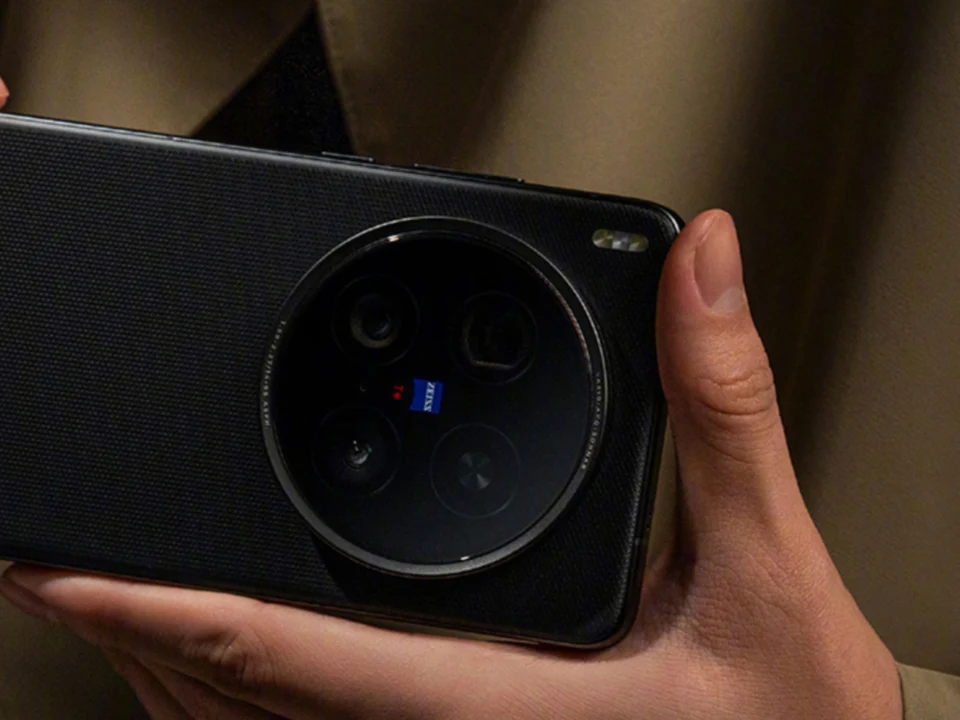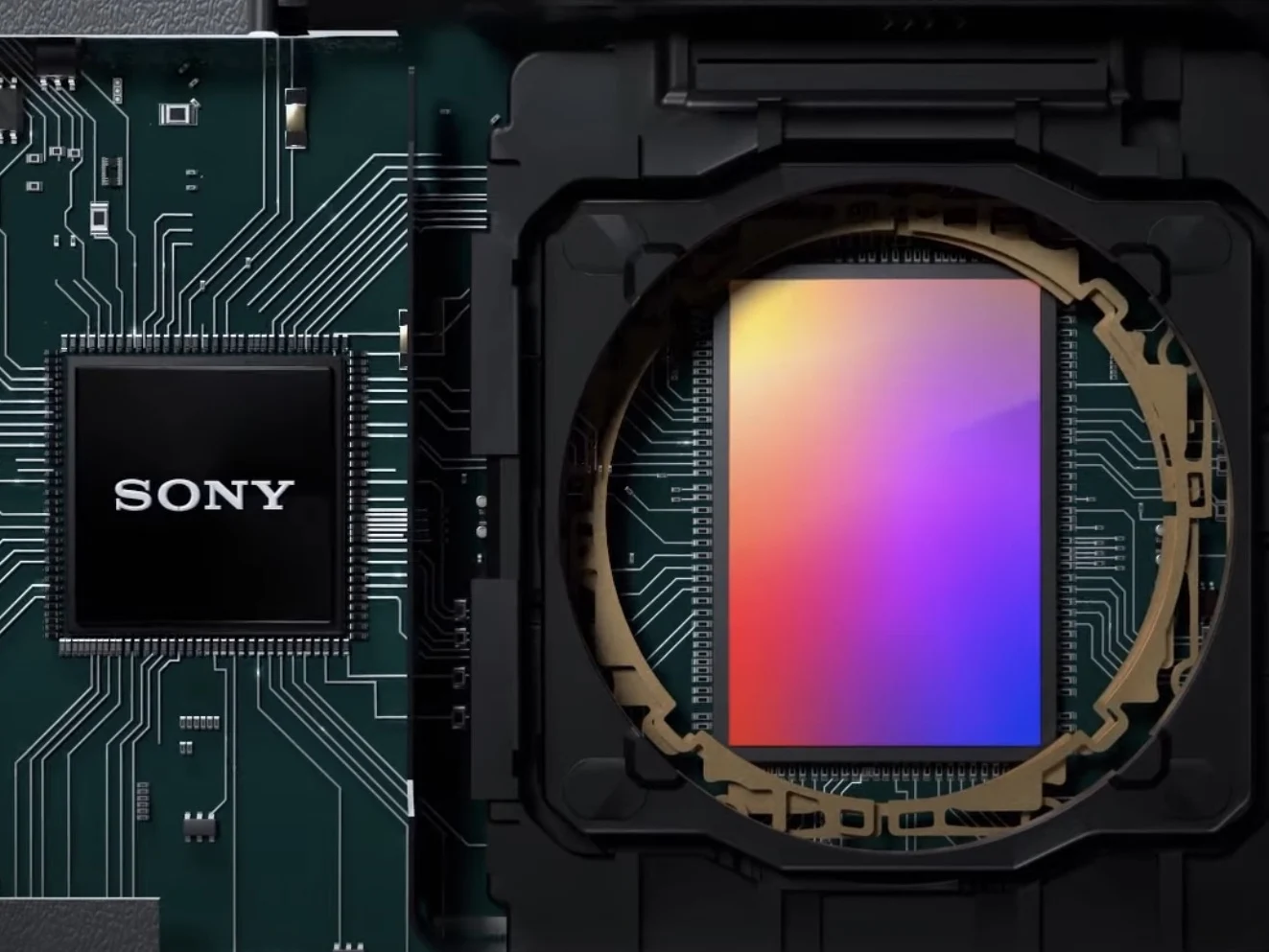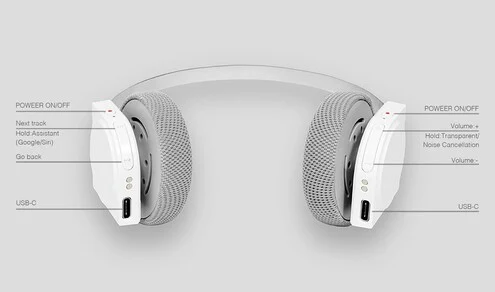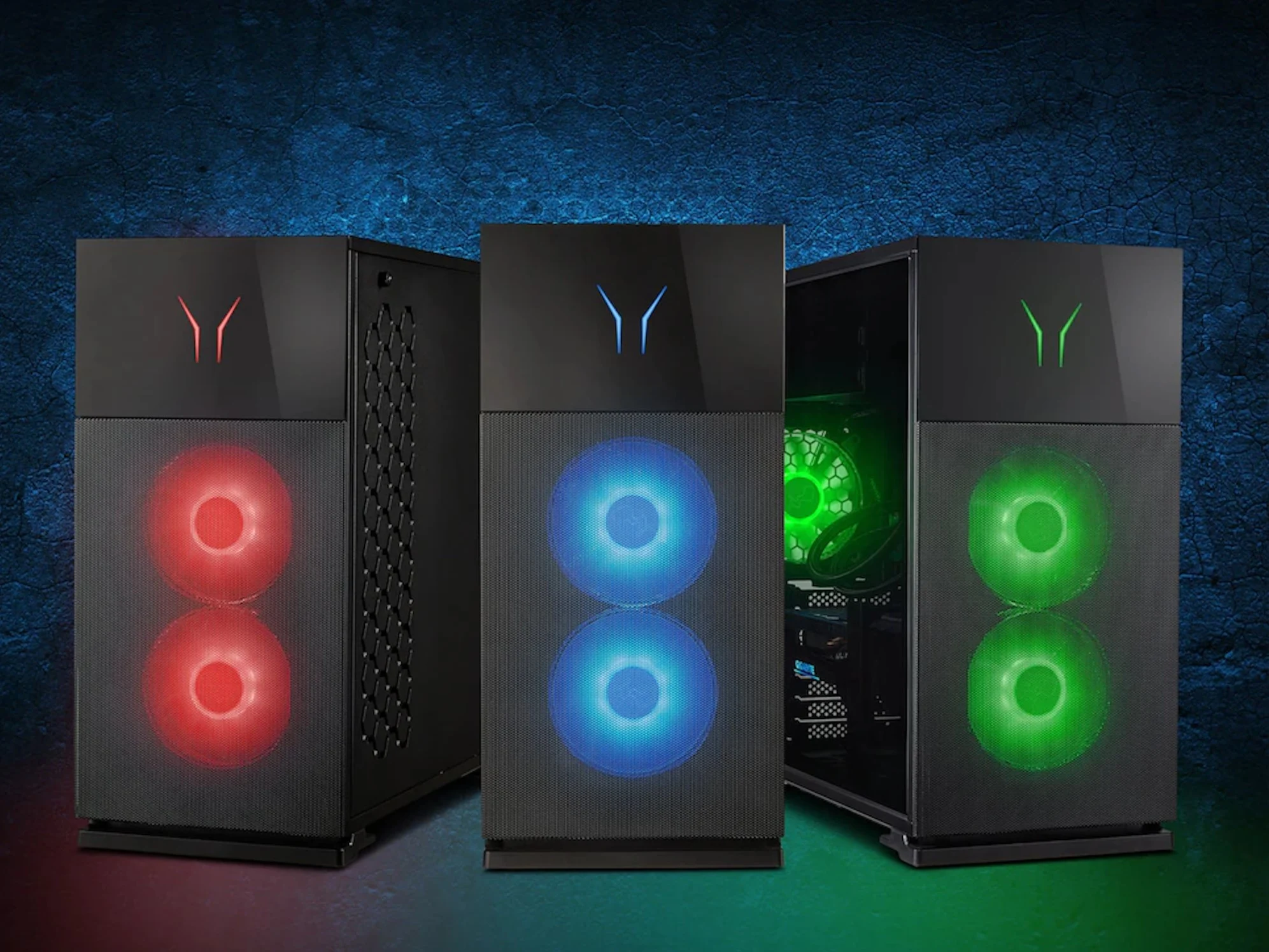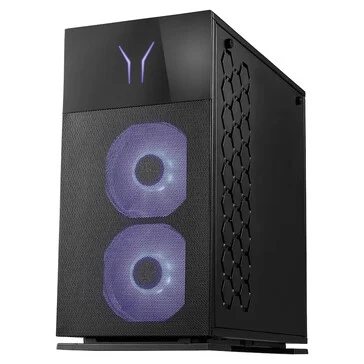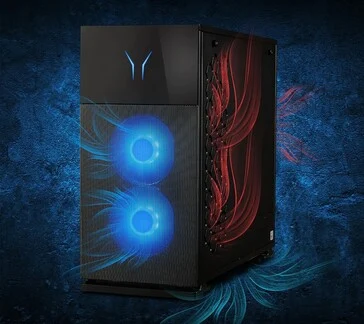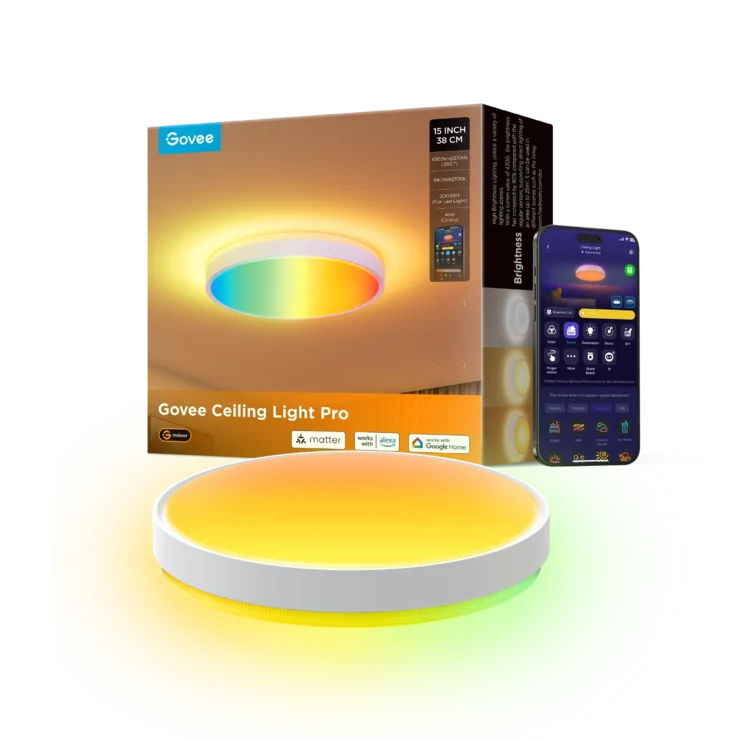Key Takeaways
1. Borderlands 4 release date moved up to September 12, earlier than the original September 23 date.
2. CEO Randy Pitchford announced the change in a now-removed video, stating that development is progressing well.
3. Sony will showcase over 20 minutes of Borderlands 4 gameplay during its State of Play event on April 30.
4. The date change may be a strategy to avoid competition with the anticipated release of GTA 6, expected in late September 2025.
5. GTA 6, the sequel to GTA 5, is highly anticipated and could potentially release in fall 2025 without delays.
Borderlands 4 developer Gearbox Software has shared that the game’s release date has been advanced to September 12. Initially, it was set for September 23, but it appears the development is going better than anticipated. This new date could indicate that publisher 2K and its parent company Take-Two Interactive are creating space for GTA 6 to prevent any competition.
CEO’s Announcement
Randy Pitchford, the CEO of Gearbox, put out a brief video on X that has now been taken down. In it, he announced that Borderlands 4 will indeed release earlier than planned, now on September 12. Pitchford mentioned that “everything is going great,” and even described the situation as “kinda the best case scenario.” Even though the video is no longer available, Sony confirmed this news during its State of Play announcement set for tomorrow, April 30.
Upcoming Gameplay Reveal
The upcoming State of Play will focus specifically on Borderlands 4, showcasing over 20 minutes of gameplay guided by the developers. The event is scheduled to begin at 2 PM PT/10 PM BST/11 PM CEST.
While this is excellent news for fans of the franchise, there might be another factor behind the date change — avoiding competition with GTA 6. Borderlands 4 is published by 2K, which is under the Take-Two Interactive umbrella. Take-Two also owns Rockstar, the developer and publisher of GTA 6. Though GTA 6 does not have an exact release date, it is anticipated for the fall of 2025, possibly late September. By moving up Borderlands 4, they can steer clear of a likely larger release like GTA 6.
Anticipating GTA 6
There’s a chance that the eagerly awaited sequel to the hugely successful GTA 5 could come out in late September or early October this year, with no delays in sight. Here’s hoping for the best!
Source:
Link



